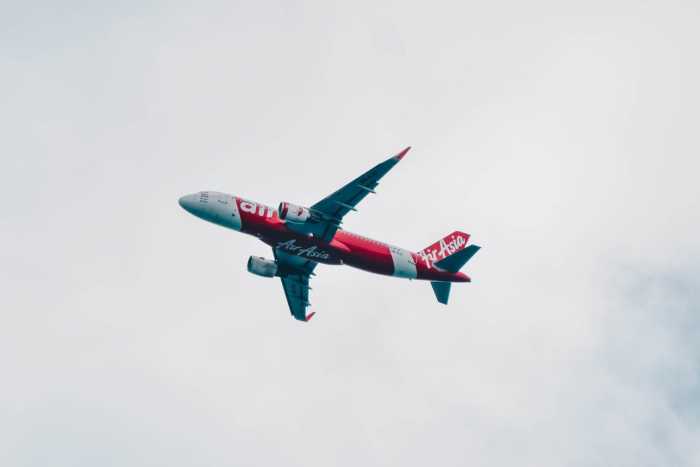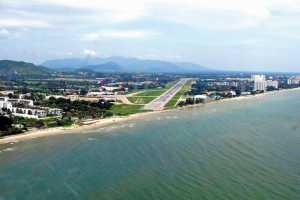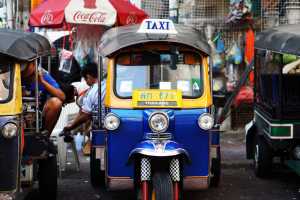
AirAsia Execs Want to Make Thailand a Regional Hub
25th Feb 2013

Asia's first and largest budget carrier, AirAsia, is seeking support from Thai government for its ambition to transform the country into a regional tourism hub. Tony Fernandes, the airline's founder, met Thai Prime Minister Yingluck Shinawatra recently to discuss, among others, the expansion of its network in the country.
A group of executives led by Azran Osman-Rani, the chief executive of AirAsia X, accompanied Mr. Fernandes in his travel to Thailand.
The group sought audience with Minister Kittiratt Na-Ranong and Transport Minister Chadchart Sittipunt.
Fernandes admitted that his confidence of making Thailand AirAsia's regional hub is high.
The Thai Prime Minister assured Fernandes of her support to his airline saying that major airports in the country such as Krabi, Chiang Mai and Udon Thani are already undergoing expansion in anticipation of increased foreign tourist arrivals.
Prime Minister Yingluck assured the Malaysian businessman that her government is, indeed, promoting the country as an aviation hub, especially for budget airlines.
Thailand is positioned to be a major hub in Asia accessible to all kinds of transport systems such as air, rail, and road networks, not only inter connecting major points in the ASEAN region but also extending to major markets in China, Japan, India and South Korea.
Thailand has been an important market for his budget carrier which has now expanded to four more countries outside Malaysia. His huge interest in Thailand market was first demonstrated before when he asked the Thai government to promote the old Don Mueang Airport into a major for budget carriers. He also persuaded the government to lower the airport tax for international airlines to attract business.
Malaysia was the first in the region to create a terminal specifically for low-cost airlines with its corresponding lower international airport tax which currently stands at Bt250. He finds no problem in having two hubs for budget airlines in the ASEAN region.
The Thai Deputy Transport Minister, Prin Suvanadat, has already issued orders to Aeronautical Radio of Thailand (Aerothai) to ask the Bangkok's two major hubs, Don Meuang and Suvarnabhumi, to increase aircraft movement within their respective jurisdictions.
The Ministry was also tasked to ask charter service operators to operate during off-peak hours when the two major airports are not busy, usually at night time.
Prajak Sajjasophon, Aerothai president, is seeking audience with airlines next week to discuss their marketing strategies with them to come up with a framework for efficient traffic management in the airports.
He said that the agency is now working on flight schedule adjustments to improve the capacity of the two airports in the capital.
Thai AirAsia CEO, Tassapon Bijleveld, observed that despite the proliferation of budget carriers in the region, currently numbering more than 20, only a few are actually able to see a significant growth.









